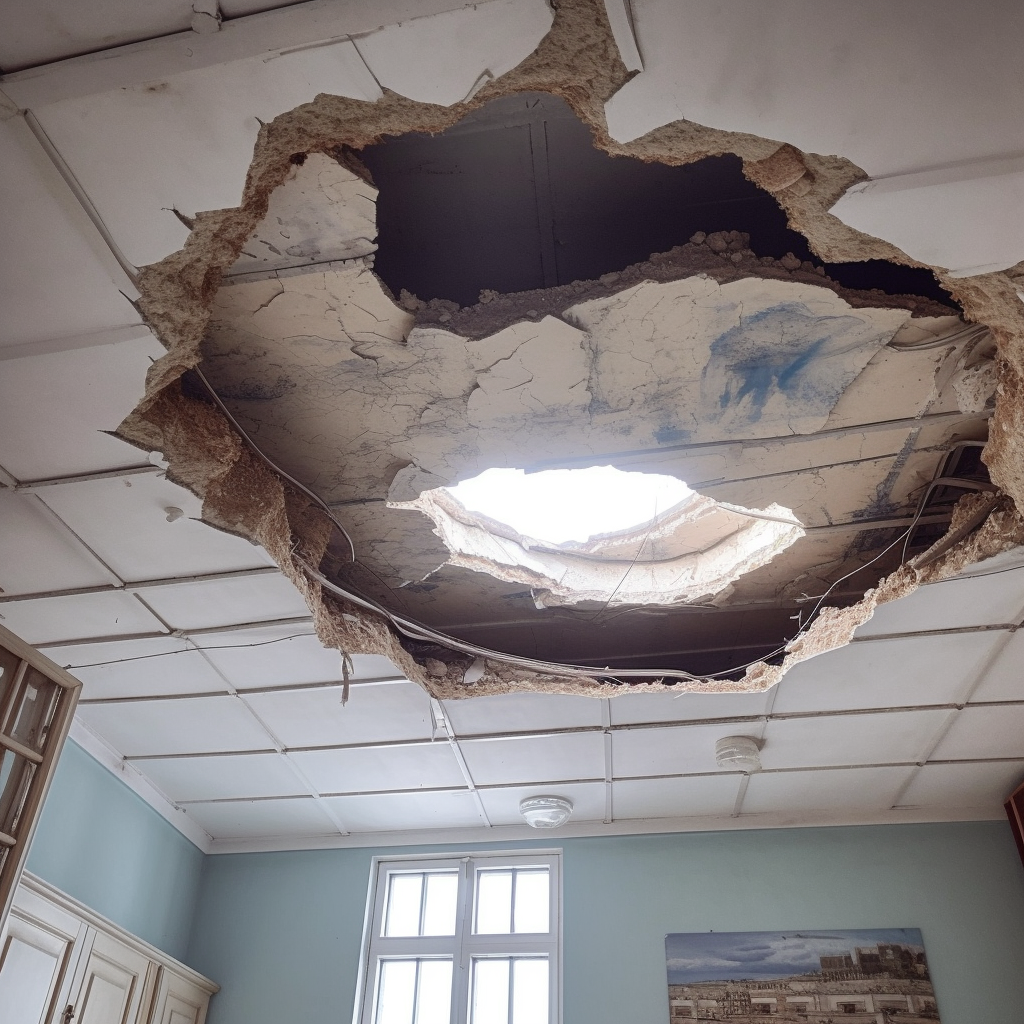Common Issues Uncovered During Home Inspections: A Guide for Homeowners and Buyers
Water Damage and Moisture Issues: Water damage is a common problem found during home inspections. It can manifest as stains, mold, or rot in areas such as ceilings, walls, basements, or crawl spaces. Inspectors will look for signs of leaks, plumbing issues, inadequate drainage, or improper ventilation. Addressing water damage promptly is crucial to prevent further deterioration and potential health hazards.
Electrical Deficiencies: Electrical issues are another common finding. Inspectors may identify outdated or unsafe wiring, faulty electrical panels, inadequate grounding, or overloaded circuits. These deficiencies can pose fire hazards and safety risks. Electrical problems should be addressed by a qualified electrician to ensure a safe and compliant electrical system.
Roofing Problems: Roof leaks, damaged shingles, inadequate flashing, or poor installation are frequently identified during home inspections. Inspectors will assess the condition of the roof and look for signs of water intrusion, sagging, or missing tiles. Prompt repairs or roof replacement may be necessary to prevent further water damage and structural issues.
HVAC System Malfunctions: Issues with heating, ventilation, and air conditioning (HVAC) systems are commonly found. Inspectors may uncover inadequate maintenance, improper installation, or malfunctioning components. These issues can affect energy efficiency, indoor air quality, and overall comfort. HVAC systems should be inspected, serviced, and repaired by qualified professionals as needed.
Plumbing Defects: Plumbing problems can range from minor leaks to more significant issues, such as corroded pipes, outdated fixtures, or drainage problems. Inspectors will examine plumbing systems for leaks, water pressure issues, improper venting, and signs of water damage. Timely repairs or updates are essential to avoid further damage and potential water-related issues.
Foundation Concerns: Foundation issues, such as cracks, settling, or moisture intrusion, are critical findings during inspections. Inspectors will look for signs of foundation movement, uneven floors, or sticking doors and windows. Foundation problems can lead to structural instability and should be evaluated by a foundation specialist to determine the extent of the issue and appropriate remediation.
Insufficient Insulation: Inadequate insulation can impact energy efficiency, comfort, and utility costs. Inspectors will assess the insulation levels in the walls, attic, and crawl spaces. Insufficient insulation can result in temperature fluctuations, increased energy consumption, and higher heating and cooling expenses. Adding or upgrading insulation may be recommended to improve energy efficiency.
Structural Integrity: Home inspections may uncover structural issues, such as damaged or deteriorating beams, columns, or joists. Signs of settlement, sagging floors, or cracks in walls can indicate structural problems. These issues should be evaluated by a structural engineer to determine the cause and necessary repairs to ensure the safety and stability of the property.
Pest Infestations: Pest infestations, including termites, rodents, or wood-boring insects, can cause significant damage to a property. Inspectors may identify signs of pest activity, such as droppings, chewed wires, or hollow-sounding wood. Addressing pest infestations promptly is crucial to prevent further damage and protect the structural integrity of the property.
Safety Concerns: Home inspections also focus on identifying safety hazards, such as improper handrails, tripping hazards, inadequate smoke detectors, or carbon monoxide detectors. Inspectors will assess compliance with safety codes and recommend necessary updates to ensure the well-being of the occupants.
Understanding the common issues uncovered during home inspections empowers homeowners and buyers to take proactive measures. Promptly addressing these issues through repairs, negotiations, or seeking professional advice ensures the safety, integrity, and value of the property. Remember, a comprehensive home inspection is a valuable tool that provides insights into potential pitfalls, allowing you to make informed decisions and create a home that is safe and free from hidden concerns.






